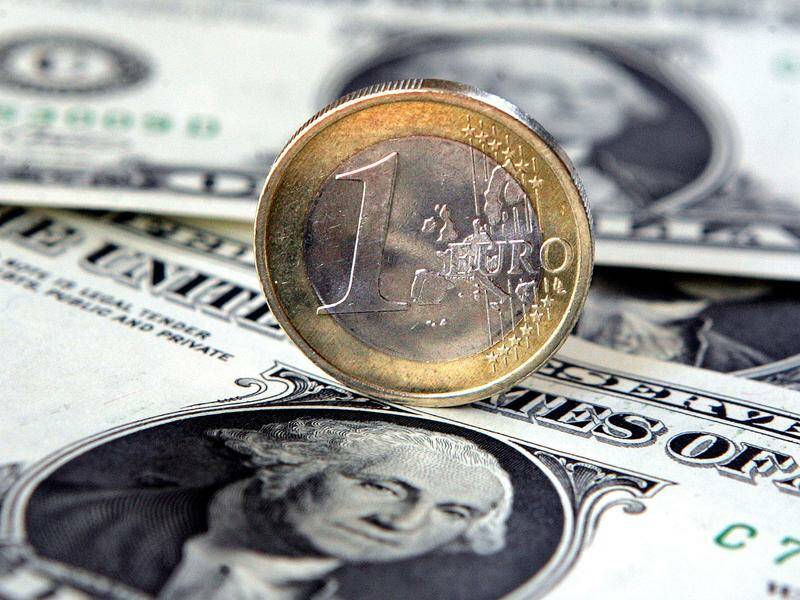
The European Union is anticipating a significant communication from US President Donald Trump regarding potential tariffs on its trade and investment partnership. After months of challenging negotiations, the EU now recognizes that it may have to consider an interim agreement rather than the comprehensive deal it originally sought, which aimed for zero tariffs on industrial goods.
Pressure mounts within the 27-member bloc, particularly from Germany, which advocates for a swift resolution to protect its industries. Conversely, other member states, like France, caution against succumbing to a one-sided arrangement favoring the US. As Trump’s intentions remain uncertain, he has already announced new tariffs affecting several countries, including allies such as Japan and South Korea, along with a steep 50 percent tariff on copper and an increase to 35 percent on Canadian imports.
Since Trump returned to the White House, his series of tariff measures has begun generating substantial revenue for the US government, with customs duties exceeding $100 billion in the federal fiscal year ending in June, according to data from the US Treasury. This figure marks one of the highest annual revenues ever collected from customs duties.
In a briefing, EU spokesman Olof Gill expressed optimism about reaching an agreement, stating, “We remain locked and loaded to sign an agreement with the US. Let’s see what happens when our friends in Washington wake up.” Insights from an EU source indicate that while a deal is close, the timing and nature of any new tariffs remain unpredictable.
An anonymous EU diplomat emphasized the importance of unity within the bloc, asserting, “It is important that the pain or gain is distributed equally. We cannot have just one country or sector that takes the win.” This sentiment resonates especially in the context of the 35 percent tariff increase on Canadian goods, which poses a challenge to Canadian Prime Minister Mark Carney, who was working towards a trade agreement with the US. Trump announced that the new tariff rate would take effect on August 1 and could increase further if Canada retaliates.
Carney has reiterated Canada’s commitment to defending its workers and businesses during the ongoing negotiations, stating, “Throughout the current trade negotiations with the United States, the Canadian government has steadfastly defended our workers and businesses. We will continue to do so as we work towards the revised deadline of August 1.”
In response to Trump’s tariff announcements, the EU has prepared countermeasures but has yet to implement them. An initial package of levies amounting to 21 billion euros on US imports was postponed before its planned implementation. A further package targeting 72 billion euros of US goods remains a possibility. Gill noted, “Basically, if a political decision is made to extend the suspension, then we’ll extend the suspension. If we need to unsuspend it, we can do that, you know, at the drop of a hat.”
Meanwhile, US Secretary of State Marco Rubio engaged in discussions with Chinese Foreign Minister Wang Yi in Kuala Lumpur, as both nations seek to assert their influence in Asia. Both sides described their meeting as constructive. This week, China cautioned the United States against reintroducing significant tariffs on its products next month and warned of potential retaliatory measures against countries that enter into trade agreements with the US that exclude China.
The ongoing trade negotiations between the EU and the US, combined with the complex dynamics of international relations and tariffs, continue to create a landscape of uncertainty for global trade.







